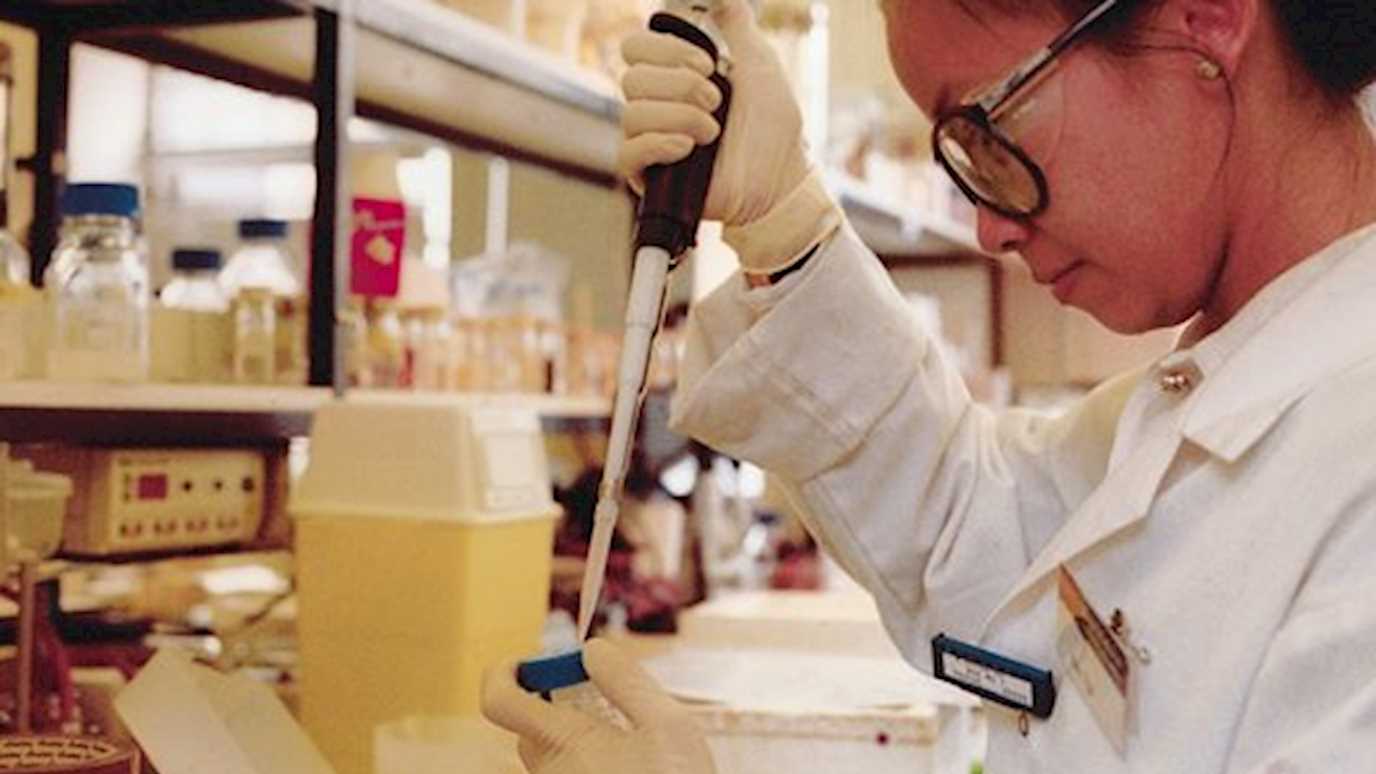Vitamin A deficiency (VAD) remains a global health problem. An estimated 250,000-500,000 children in developing countries become blind each year due to VAD and more than half of them die within a year.
Research at Royal Holloway has delivered tools, resources and knowledge for the generation of food crops biofortified with health-promoting carotenoids, such as lycopene and β-carotene, together with the technical and economic feasibility of novel, sustainable platforms for nutritional and industrial carotenoids.
Nutritional enhancement of food crops and ingredients
Vitamin A deficiency remains a global health problem. An estimated 250,000-500,000 children in developing countries become blind each year due to VAD, and more than half of them die within a year. Direct supplementation has not resolved the problem, which has led the World Health Organisation to advocate biofortification.
The use of phytoene desaturase (CRTI) to perform efficient desaturation and isomerisation in plants are strategies advocated by our team that have been used in the development of Golden Rice and high provitamin A bananas and sorghum. To date Golden Rice has been de-regulated, patents granted and is free for use by farmers in developing countries.
The robust metabolite profiling technologies we employ has led to the identification of high provitamin A alleles in tomato and accessions among Root Tuber and Banana (RTB) genetic resources. These tomato high provitamin A alleles are being used commercially by the industrial sector and trialled in Sub-Sharan Africa. Accessions from RTB genetic resources with high provitamin A and no loss in dry matter are being translated into practice. For example, in the case of orange sweet potato, the number of African countries with local breeding programs has risen and the livelihoods of 6.2 million households across 15 Sub-Sharan African countries has increased by 40%. Similar findings are evident for cassava and banana, where 10 million people (50% women) have improved their diet quality, addressing several Sustainable Development Goals.
Education, policy and enabling technologies
Our work with CRTI as an engineering tool has contributed to the development of Golden Rice as a humanitarian product to promote and inform the wider debate within society regarding the use of GM crops and technologies. Golden Rice and more specifically, the role of CRTI is taught in all undergraduate courses involving biotechnology. Within schools the “A” level syllabus includes Golden Rice and CRTI as an example of recombinant DNA technologies to produce humanitarian benefits.
The methodology for profiling metabolites particularly bioactives/antioxidants developed by Royal Holloway scientists has been cited 19,665 times over the last decade. More recently the analytical approaches have been used to characterise new tomato varieties with nutrient dense fruit. The metabolite profiling procedures have been communicated in a pan–European manner through dedicated training schools, advancing the skillsets of early career scientists.






















